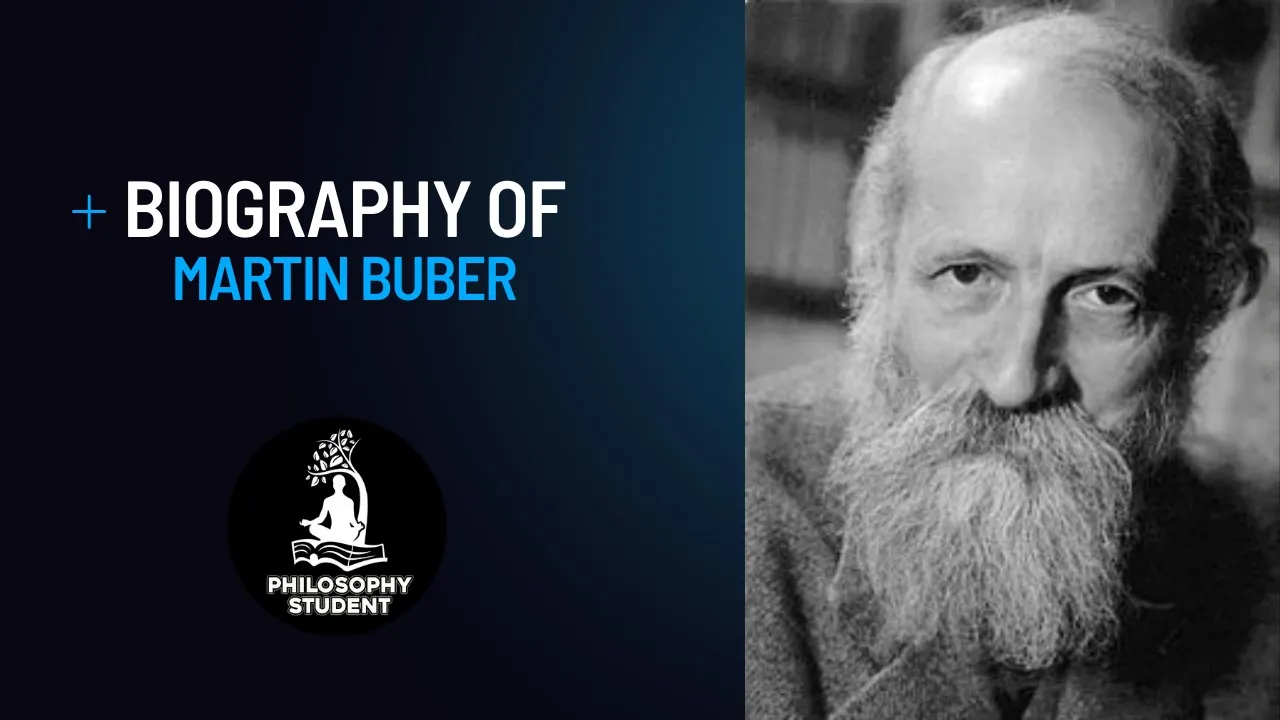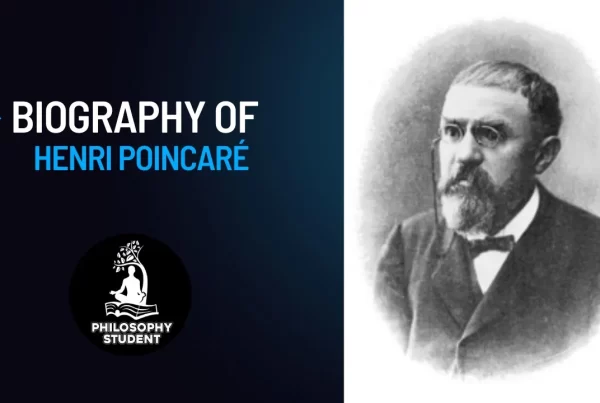Martin Buber was a polymath, whose interests encompassed literary translation, political activism, Zionism, Jewish mysticism, biblical study, art, politics, and philosophy, including social philosophy, religious phenomenology, and philosophical anthropology. Yet the crux of his philosophical thought is found in one brief book, published in German in 1923 and translated into English in 1937: Ich und Du (I and Thou).
Buber believed that people may look at existence in two ways: As the I with respect to an It, an object separate from us, which we use or experience; or as the I with respect to Thou, a relationship in which the other is not separated from the I by discrete boundaries. Indeed, Buber contended that human beings are defined by these two dyads: I-It and I-Thou, and that life is meaningful to the extent that each of us develops I-Thou relationships. From a theological and philosophical perspective, each I-Thou relationship brings us into a relationship with God, the Eternal Thou. From a more purely philosophical perspective, the I Thou relationship transcends Descartes’s sharp division between subject and object and thus serves to interconnect humanity at the deepest of levels, through God.
The I-Thou paradigm has proved influential in religion—both in terms of its theology and its phenomenology—in the philosophy of education, in philosophical anthropology, and philosophical psychology.
Buber was born in Vienna on February 8, 1878, the child of Orthodox Jews and the descendant of prominent rabbis. As he came into young adulthood, Buber began a break with Orthodox traditions. Inspired by reading Kant, Kierkegaard, and Nietzsche, he turned away from a rabbinical career to study philosophy, art history, and philology in 1896. He became a Zionist in 1898, and married Paula Winkler, a Catholic woman he met while studying in Zurich. She left the Church in 1901 and converted to Judaism in 1907.
Buber was appointed to an honorary professorship at the University of Frankfurt am Main in 1930 but resigned in 1933 in protest of Adolf Hitler’s ascension to the German chancellorship. He quickly founded the Central Office for Jewish Adult Education, which provided alternative education as universities and secondary schools closed to Jews. At last, in 1938, he immigrated to Jerusalem as a professor of anthropology and sociology at Hebrew University. He lived the rest of his life in Jerusalem, where he died on June 13, 1965, aged eighty-seven.



































